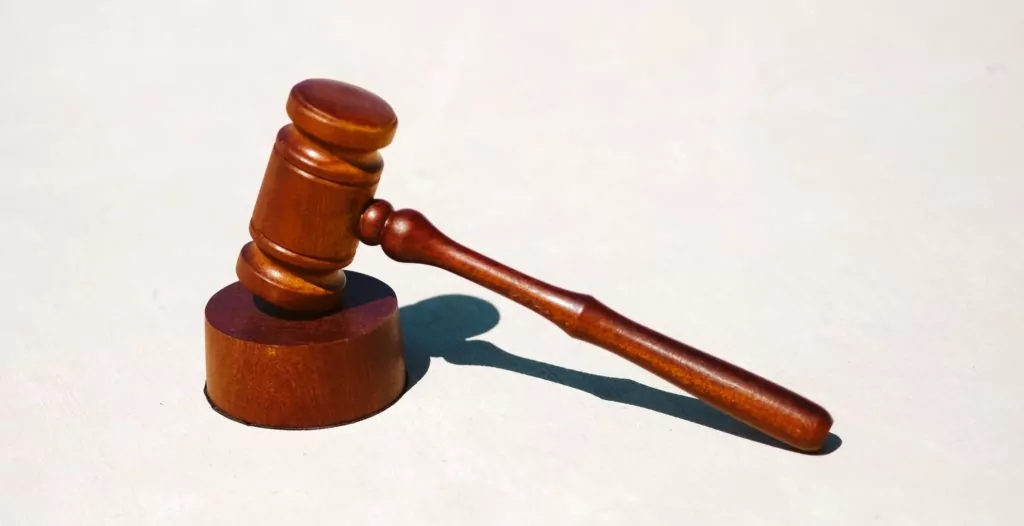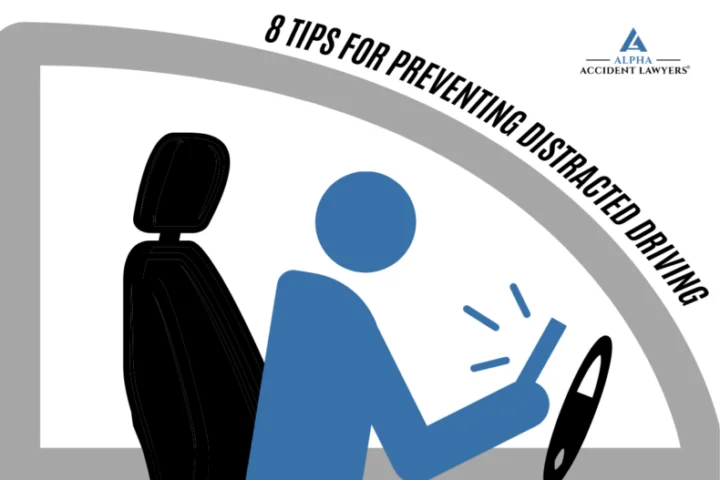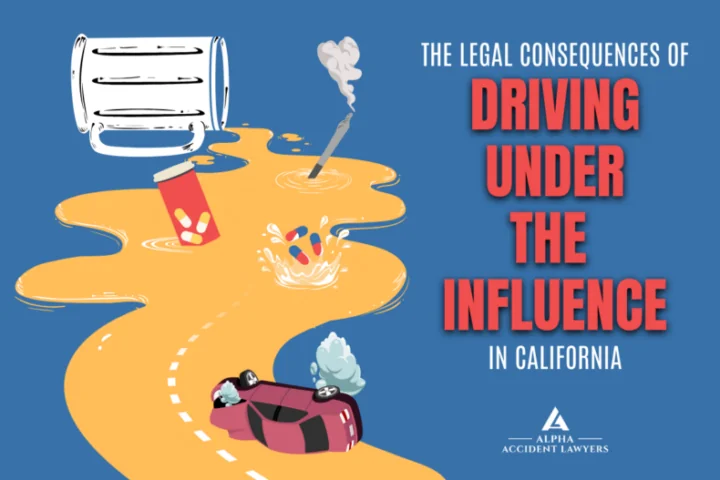Wrongful Death Lawsuit
In 2019, over 173,000 Americans died as a result of an unintentional injury. 37,595 of those were a result of motor vehicle traffic deaths. This can also be referred to as wrongful death.
If your loved one died as the result of an accident that was due to someone else’s negligence, you may be eligible to file a wrongful death lawsuit. Each state has its own requirements as to who can file a suit and what damages you can collect. A wrongful death attorney can help you navigate this process. Here is everything you need to know about the filing process.
What Is a Wrongful Death?
The first step is to determine if a wrongful death occurred. While each state defines wrongful death differently, a general definition is a death that occurs when an individual is killed because of someone else’s negligence or misconduct.
A “wrongful death lawsuit” is a civil lawsuit. Therefore, the person responsible for the death may also face criminal charges. Motorized vehicle accidents are the most common. In cases where the driver responsible for the accident was driving under the influence, distracted, or driving recklessly and caused an accident that resulted in the death of your loved one, you may be eligible to file a wrongful death suit.
Who Can File a Wrongful Death Lawsuit?
Not just anyone can file a wrongful death suit. Typically, these suits are limited to those who were financially dependent on the person who died, including their spouse, children, and even parents. Most states allow the following people to file wrongful death suits:
- Spouses and domestic partners
- Putative spouses (this includes those who believe their marriage to the deceased was valid when it was not in fact valid)
- Children (including step-children and adopted children, if they lived with the deceased and were financially dependent on them)
- Parents (if the deceased has no spouse or descendants, such as children, or if they can show that they were financially dependent on the deceased)
- Other heirs (those who would have been legal heirs to the deceased’s estate if there is no will or other relatives to file the death suit)
- Siblings or grandparents (some states allow other relatives to bring wrongful death suits)
- Other financially dependent children (states like California allow children who have lived with the deceased for 180 days prior to their death and were financially dependent on them to file a wrongful death suit)
There may be multiple people who are eligible to file a wrongful death suit. When more than one person files, the process can become more complicated, as you have many parties and attorneys involved. If possible, the best option is to have one person file as a representative of others who are eligible and then distribute any damages awarded to the eligible parties.
If you think your loved one died as a result of wrongful death and you are eligible to file a suit, you should speak with an attorney to ensure that you have a case and are eligible based on your state’s laws.
What Damages Can Be Recovered?
If you are eligible to file a wrongful death lawsuit, there are restrictions on the damages that you can recover. Typical damages requested include:
- Medical bills incurred before the death
- Funeral and burial expenses
- Lost wages that your loved one would have earned over their lifetime
- Compensation for loss of what they would do in the household (such as childcare, taking care of the home, etc.)
- Loss of guidance and support (primarily for children)
- Loss of companionship (for spouses or domestic partners)
- Damages to compensate for pain and suffering
Some states also allow you to request punitive damages, which is an extension of the previously mentioned damages. This is then followed up by punishing the responsible party.
How to File a Wrongful Death Lawsuit
If you want to file a wrongful death suit, you will first have to prove two things:
- That your loved one’s death was caused by the other person or party’s negligence, deliberate act, or recklessness
- That your loved one did not bring about the death through their own actions and that you and other family members suffered damages as a result of the wrongful death
A personal injury lawyer who specializes in wrongful death suits will help you determine all of this. Not only will they tell you if you are eligible to file a suit or not, but they’ll also guide you on whether you have a strong case.
If you decide to hire them, part of their job is to investigate the death, the circumstances surrounding it, and those involved. They will build your case of wrongful death and estimate the damages that you’ve suffered as a result.
Hire an Experienced Attorney Today
Wrongful death lawsuits are complex and while you could choose to try to navigate the legal system on your own, it’s in your best interest to hire an experienced attorney to handle the wrongful death suit for you. They understand the ins and outs of the laws in your state, know how to negotiate with insurance companies, know how to estimate damages so you are not getting shortchanged, and can handle all of the communication with the other parties for you.
If you suspect that your loved one was killed and someone else is at fault, contact us today. Our attorneys will handle each step of the process, allowing you to focus on grieving your lost loved one.





